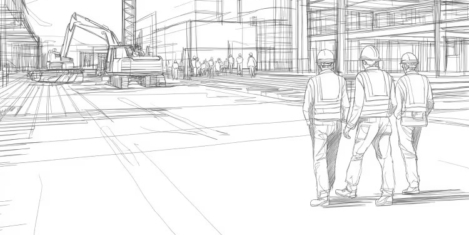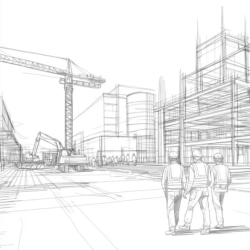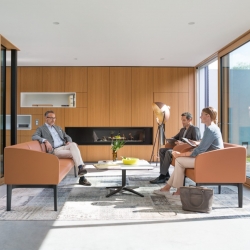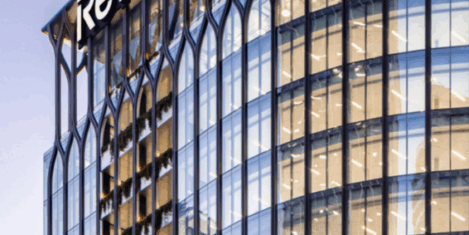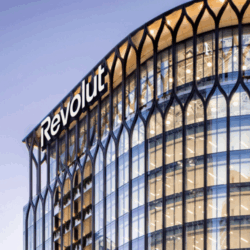October 8, 2025
Most managers underestimate the role their emotions play in decision making
 Managers are less rational and more influenced in their decision making by emotions than they think, according to a new poll. The study, The empathy problem: Balancing emotion in decision-making, part of the Building Better Managers series [registration], surveyed 279 people leaders across eight countries and 51 industries, with qualitative interviews assessing how emotions and biases impact workplace choices. While four in five managers reported making decisions without emotional influence, almost all shared personal stories during interviews that indicated the opposite. This gap reflects the unconscious nature of decision making, according to the report. It suggests that, while humans see themselves as rational thinkers, many of our choices are instinctively fast, intuitive and emotionally driven. (more…)
Managers are less rational and more influenced in their decision making by emotions than they think, according to a new poll. The study, The empathy problem: Balancing emotion in decision-making, part of the Building Better Managers series [registration], surveyed 279 people leaders across eight countries and 51 industries, with qualitative interviews assessing how emotions and biases impact workplace choices. While four in five managers reported making decisions without emotional influence, almost all shared personal stories during interviews that indicated the opposite. This gap reflects the unconscious nature of decision making, according to the report. It suggests that, while humans see themselves as rational thinkers, many of our choices are instinctively fast, intuitive and emotionally driven. (more…)








